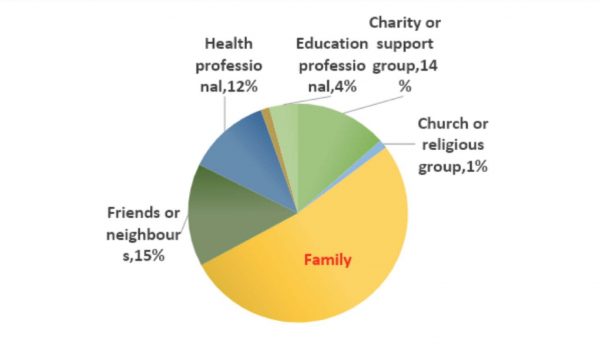Patient Power and Participation
Quality of life and social support: a mixed methods case study of adult living with rare genetic skin conditions. A blog by Sondra Butterworth (Sondra Butterworth Health and Social Care PhD Student University of Chester. November 2019)
Study Aims
The aim of this PhD study is to explore the relationship between quality of life and social support for adults living with rare genetic skin conditions. Ultimately the hope is that this research study will contribute to a better understanding of the psycho-social needs of the rare disease community, leading to an improvement of care and support which is both person-centred and empowering. This study included an online survey and semi-structured interviews of adults living with rare genetic skin and connective tissue conditions. The initial findings of this study indicated that there is a positive correlation between the perceived quality of life and social support for the participants in the study. This has implications for health and social care practice.
Graph 1: On-line survey responses of 31 adult participants. Groups who provide the highest and lowest percentage of social support overall.

Participation through Empowerment
The World Health Organisation defines empowerment as “a process through which people gain greater control over decisions and actions affecting their health”. (Health promotion glossary. Geneva: World Health Organization; 1998.) There has been a significant paradigm shift in health, social care, research and industry, with each community of practice advocating the importance of patient and public involvement.
The various calls for patient participation and engagement should also include details of the psycho-social support systems which will be put in place. Practical considerations such as, travel costs, care arrangements, wheelchair access to buildings or any emotional support that might be required may influence the decision to participate in any initiative.
The initial findings of this study suggest that there is a lack of psycho-social support for the rare disease community, which could enable them to engage in initiatives designed to empower them.
Beth Soden – Media Coordinator for Ataxia and Me
UPDATE
Patient Power and Participation
A lot has happened since we published our guest blog by Sondra Butterworth….
Sondra is now a volunteer with Ataxia and me.org and she has come to the end stage of her PhD. She is planning to develop Quality of Life projects for later in the year and will be writing papers for publication.
Sondra writes – “I am delighted to have been invited to become a member of the panel of experts on the Rare 2030 project. I look forward to lively discussions at the European Conference on Rare Diseases and Orphan Drugs (ECRD) in 14th and 15th May 2020.” You can view excerpts from the #ECRD2020 conferenc on Vimeo.
We would like to thank Sondra for sharing her blog post with us. If you would like to hear more from Sondra make sure to follow her on Twitter (@SB_Webbe) If you would also like to get involve and share your experience with Ataxia or other rare condition, please get into contact with us through our social media linked below:
